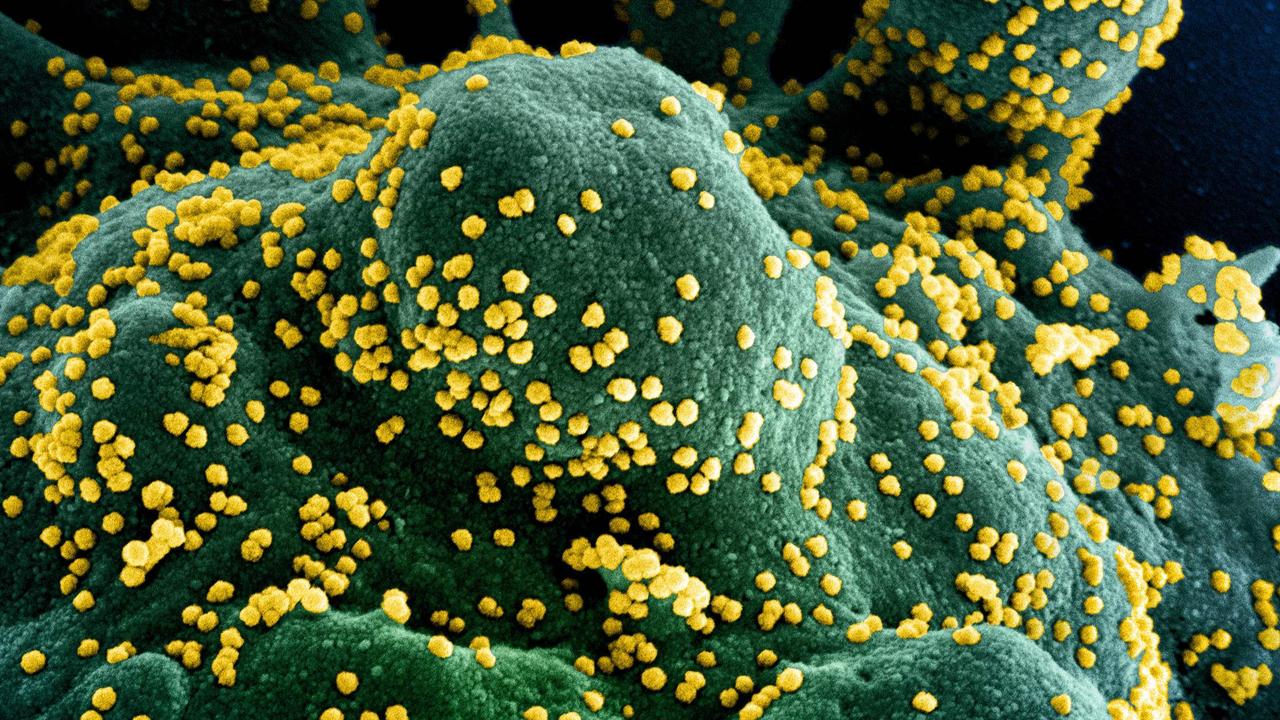[ad_1] Australia’s human rights watchdog has warned Labor’s inquiry into the Covid-19 response is “not sufficient” enough to calculate the “full hum
[ad_1]
Australia’s human rights watchdog has warned Labor’s inquiry into the Covid-19 response is “not sufficient” enough to calculate the “full human cost of the pandemic”.
The inquiry was criticised when it was announced last September for not having the same powers as a royal commission and excluding the decisions made solely by the states from its scope.
It means some of the most controversial parts of the pandemic response, such as lockdowns and border closures, are not required to be investigated.
Australia’s human rights commissioner Lorraine Finlay said the ongoing inquiry was not the “best option” to prepare for future emergency response planning.
Instead, she urged the federal government to consider establishing a joint royal commission with the states to better examine the “complex interactions” between the various jurisdictions.
“We need every part of our federation working together to ensure that we learn the necessary lessons both good and bad and that we are as well prepared as possible for any future pandemic or other form of emergency,” she said.
Ms Finlay said any inquiry should have a strong focus on the human rights impact of decision making given there was still a “lack of clarity” around how and why some actions were taken.
“Australians lived with some of the most restrictive pandemic response measures in the world … (which) all had impacts on individuals, families and communities,” Ms Finlay said.
“The powers of a royal commission to request documents, summons witnesses, take evidence under oath and hold public hearings are essential to ensure that the pandemic response can be reviewed in a comprehensive way.”
A royal commission into the Covid-19 response was a key recommendation from the Labor-led senate inquiry into the pandemic.
Labor committed to holding a royal commission if it won the 2022 election but later changed course and instead called a special commission of inquiry, which is due to report back in September.
Now, a federal parliamentary inquiry is looking at what stakeholders would like to have examined should a royal commission be ordered by the government.
On Thursday, senators heard from civil liberties groups, think tanks and medical bodies about their preference for the terms of reference to be extended to the states.
Rapidly changing health orders in NSW, for example, equated to a change in the law every 2.5 days on average, according to the Redfern Legal Service.
The pace of the changes made it “next to impossible” for the public and police to properly follow the 266 principle and amended public health orders issued between March 15, 2020 and January 31, 2022 that were often only printed in English.
“Our case work showed that due to the rapidly changing aspect of these laws, police were issuing (fines) unlawfully because they were not able to keep up,” solicitor Samantha Lee said.
Ms Lee said she believed a royal commission would go a long way to rebuilding trust between the community, police and government that was eroded during the pandemic.
“I think it can be built up with transparency and accountability,” she said.
Meanwhile, the Australian Nursing and Midwifery Federation told the inquiry it would like a royal commission to focus on hospital working conditions and preparedness.
[ad_2]
Source link



COMMENTS